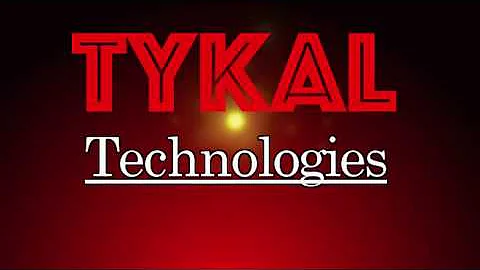Windows 7 PC stuck in boot loop after RAM upgrade
I'd refrain from wiping a Windows installation from the disk, as long as I did not try everything else. (It appears to me that the Windows in general is working with your 2x2GB.)
But your question is lacking a small detail: Whether your Windows is a 32-bit version or a 64-bit version.
A 32-bit Windows version can address a maximum of 4GB memory only. So the 16GB might be too much to handle for your Windows, if it actually is 32 bit.
Here you might find some more insights on the differences with 32 and 64 bit Windows.
If it turns out that you are using a 32-bit Windows, you will have to upgrade.
If you are using a 64-bit Windows, you should test whether the Windows starts up with only two of your memory modules installed.
Also test with switching the modules. (Maybe one of the modules is broken and Windows tries to use exactly that part.)
Before wiping the disk, I'd also go for a repair installation from your Windows DVD.
Related videos on Youtube
EelkeSpaak
Updated on September 18, 2022Comments
-
EelkeSpaak over 1 year
I just upgraded a Dell Optiplex 980 desktop PC (with a Core i5-650 CPU) from its previous 2x2GB (4GB total) of RAM to a new 4x4GB (16GB total). This is the maximum it should support, according to the manual. The machine hardware works fine after the upgrade, and the BIOS correctly identifies the 4GB of memory. However, the OS currently installed on the hard disk, Windows 7 Pro 64-bit, will not boot properly anymore.
Windows displays the "could not boot properly, do you want to run startup repair?" prompt, and no matter which of the two choices I choose (Start Windows normally / Run startup repair), I then get a few second of progress bar, after which the machine reboots, and takes me to the exact same screen again after a while. I tried getting into Safe Mode (F8 menu shows up normally), but that also results in the same reboot-while-starting.
After some Googling I found that perhaps the motherboard might not support single-sided 4GB DDR3 modules, and that I should get double-sided instead (even though the manual makes no mention of this). However, this explanation seems very unlikely to me, since the PC was able to boot perfectly fine from an Ubuntu 14.04 Live USB stick (and then correctly shows 16GB of available memory).
Any ideas on why Windows 7 will not start anymore? Would a full wipe and reinstall of the hard drive fix the problem?
Edit: I've now attempted to run MemTest (from the Ubuntu Live CD boot menu), and the program results in a computed reboot almost immediately (<2 seconds) after it starts. I've tried booting the computer with each of the four memory modules by itself, but every single one of them results in the PC getting stuck at the BIOS loading. The PC displays two LEDs on the front, indicating "memory error".
Could it really be that all four modules are bad? Or is it more likely a compatibility issue? (I am inclined to think the latter.)
The new memory are 4GB modules Kingston PC3-10600 DDR3 RAM, running at 1.5V. The old memory were 2GB modules Micron PC3-10600 DDR3 RAM, also running at 1.5V.
-
CodeCaster over 8 yearsRun a memtest on the new RAM, check timings and current. See also Why is Windows not booting up after replacing RAM? and so on, multiple questions when searching on "windows won't boot after RAM upgrade"
-
EelkeSpaak over 8 years@CodeCaster: Yes, will run memtest as soon as I get the chance (PC is in use again now with the old memory). Unfortunately the Dell BIOS does not allow changing any settings of RAM timings and voltage. However, like I mentioned in the original question, Ubuntu boots fine with the new memory, which should mean that the RAM settings are in principle correct, or am I mistaken in that conclusion?
-
 DrZoo over 8 yearsWhat kind of RAM did you get? Tell us the specs of the new sticks you bought.
DrZoo over 8 yearsWhat kind of RAM did you get? Tell us the specs of the new sticks you bought.
-
-
EelkeSpaak over 8 yearsThanks, now added that the OS is, in fact, 64-bit. I will test switchting the modules soon.



![black screen after RAM upgrade? |HP Windows10 [solved]](https://i.ytimg.com/vi/874fgTk8bJU/hq720.jpg?sqp=-oaymwEcCNAFEJQDSFXyq4qpAw4IARUAAIhCGAFwAcABBg==&rs=AOn4CLCtrLWvoFhRFMRwCzCGiwDU2E40dQ)

